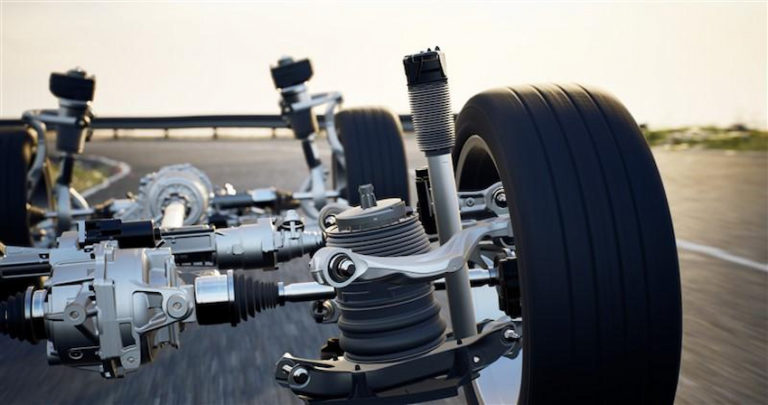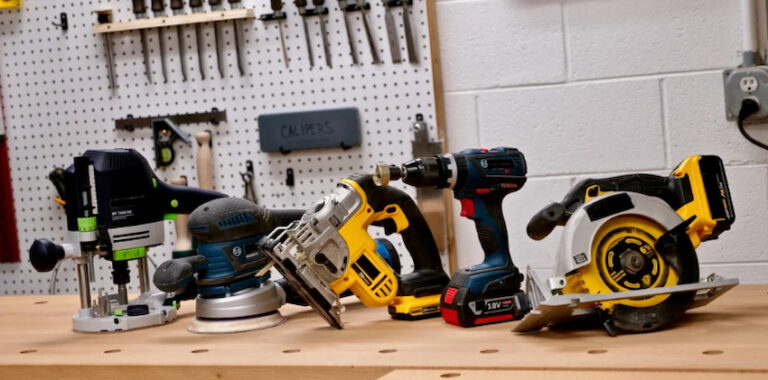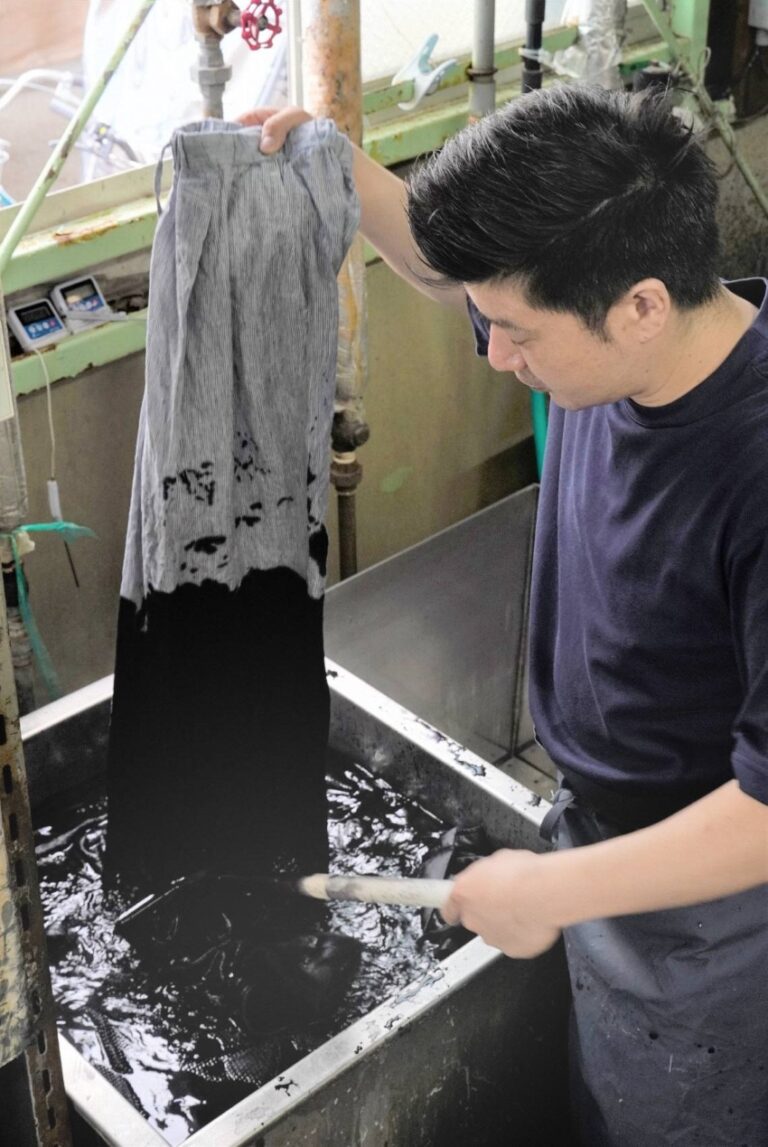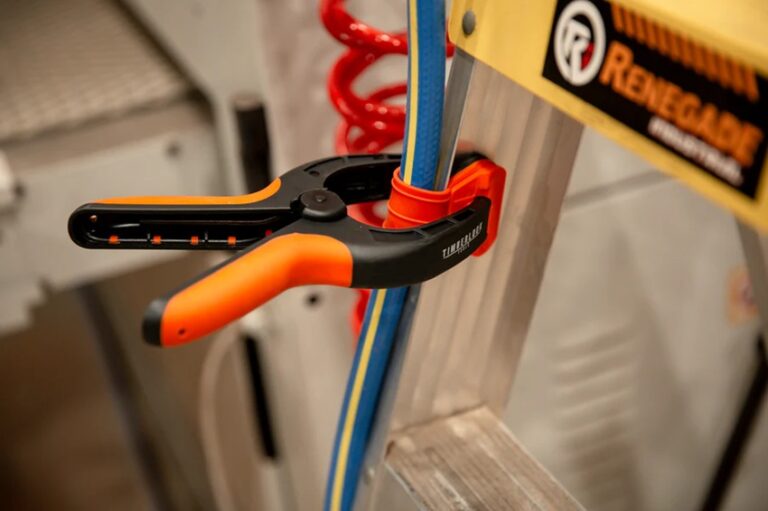There a quite a few ways to modify your car. If you’re after a whisper-quiet cabin, then soundproofing is the way to go. This though might not be a priority for anyone with faster acceleration and top speeds in mind. Here, balanced engine power, a rigid chassis, and a suspension that lets you glide over road imperfections and keeps the car planted in turns are just a few necessary ingredients for a ton of driving fun. Most drivers will be keen on upgrading engine parts for a bit more power, but it’s the suspension that ultimately decides how the car responds to driver input.
Different suspension setups are meant for different types of surfaces, and different types of driving, Where control, precision and responsiveness are the ultimate goals, then nothing beats a dedicated set of coilovers straddling all four wheels. The name tells you exactly what they are- a coil spring sprung over a shock or strut. The only difference from a regular coil and strut setup is that coilovers are pre-assembled units, with the springs and struts calibrated and balanced for each specific vehicle they’re meant for.

What they do is allow you to lower the car according to the road, so in effect changing the centre of gravity. This helps with things like traction through the tyres, body roll in turns, precise steering feel and keeping the car stable at speed. The benefit is that most coilovers come as adjustable units, allowing drivers to change compression rates in the springs and rebound rates in the shocks, essentially fine-tuning the car as it encounters bumps and road imperfections. Not only is there more stability, but the ride is also more comfortable, with less of the road seeping into the cabin.
Choosing Coilovers
One of the few companies to make a lasting impression in motorsports (and consequently all drivers) are German suspension specialist Bilstein. They introduced their monotube shock design way back in the 1960s, with Mercedes the first (privileged) car manufacturer to take advantage of the gas-charge design. This setup became standard in all racing applications in the years that followed and now features as original equipment in many street performance cars.
And the pros? Compared to standard twin-tube shocks of the day, monotubes provide better heat dissipation for more consistent ride control, less weight despite the bigger inner piston, and more options in mounting (since the pistons and oil don’t rely on gravity as in twin-tubes). Then there’s the more compact size, and the addition of valving that allows the adjustments in ride height and handling mentioned above. If you’re considering a Bilstein suspension upgrade, then the good news is that their monotubes also form the basis of some of their more respected coilover offerings, starting with the B12, and followed up by the B14 and B16 kits, based around bespoke designs and paired with Eibach springs.
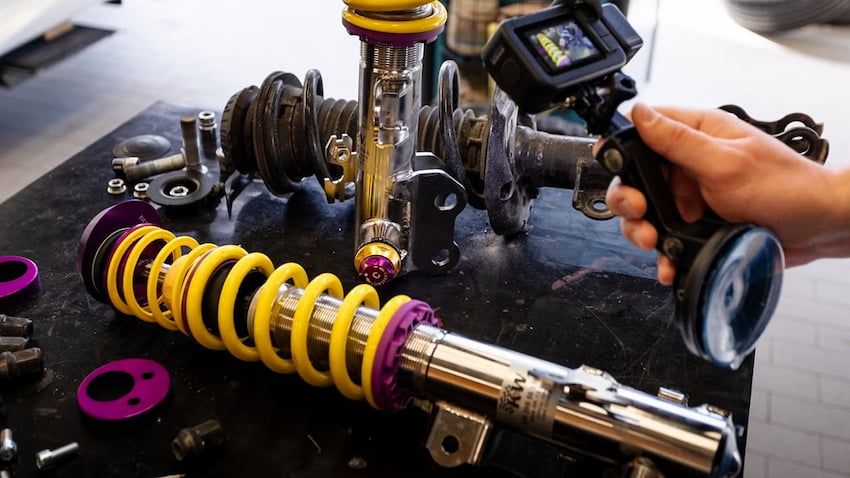
What Bilstein Kits Bring to Your Car?
The B12, B14 and B16 are ideal for tuners and motoring enthusiasts who want lowering adjustability for a better-handling (and better-looking) car. The B12s are the company’s entry-level, non-adjustable coilover kit, though consisting of shortened and inverted monotubes (the B8s) and coupled with either the Eibach Pro or Sportline springs to offer superior performance. This Bilstein suspension offering is rated for 20 per cent more stiffness over factory springs, comes with included bump stops and can lower the car by up to 50mm. Drivers get a comfortable yet firm ride, ideal for high-speed highway stability.
Next up are the B14s. These move things up a notch by prepping your car for track and competition use. They have a threaded design, so they can be lowered between 20 and 70mm by hand, making the needed height adjustments simple and speedy. While the ride is a tad firmer than the B12s, they do make for a more compliant car in spirited driving.
The B16s are not the end-all in the Bilstein suspension lineup, but they do come on top in terms of adjustability. These allow drivers to change rebound and compression damping tailored to the characteristics of the vehicle (such as weight and tyre/wheel setups) with a simple twist of the threaded collar. There are ten clicks clearly distinguishing each setting, giving drivers the flexibility to find what setting works best in a variety of driving conditions.
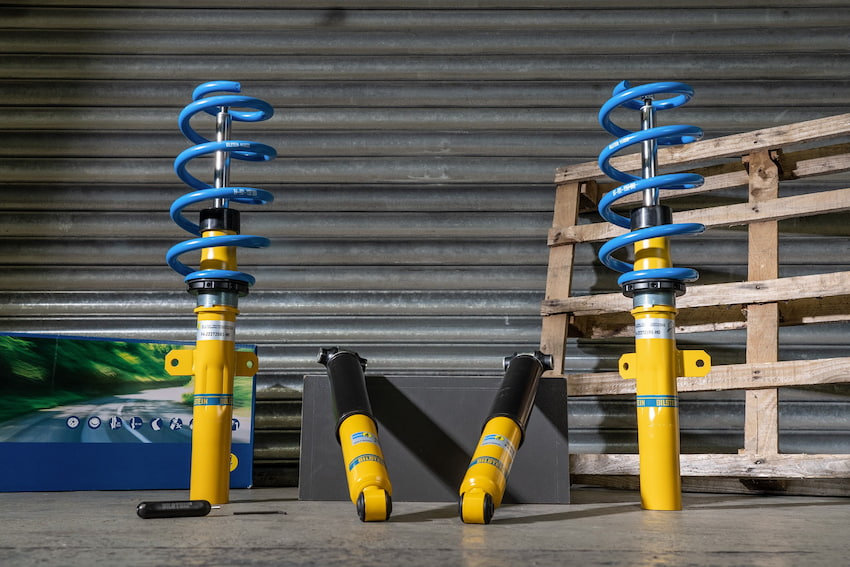
Moreover, the design is lightweight, yet durable with spring seats and lock rings made from special aluminium alloy. The company also throws in its Triple-C technology, a three-layer coating for longevity against corrosion. Specific for the B16s is that they also play well with factory adjustable/adaptive suspension when you opt for the company’s Ride Control. This lets you change suspension firmness from inside the cabin.
Drivers can also opt for the insane flexibility in lines higher up. The ClubSport and Evo R kits are race-specific and offer over 100 different adjustment options in rebound and compression damping, while also catering to changes that you can make in camber (or wheel and tyre alignment in relation to the rest of the car). Choose negative camber for racing purposes, with more grip and stability in high-speed bends, or positive camber in SUVs and 4WDs for better handling off-road.
Summing Up
All Bilstein coilovers have been road tested for each car separately before the kits hit shelves. This ensures they perform as they should and in different conditions, whether you’ll be using them on the track, in racing, or in everyday driving. To ensure proper fitment, get your set of coilovers installed at certified Bilstein partners and resellers.








